We get many queries from people who’ve found their grandfather’s old Scouting medal or a faded old photo that probably has a great story behind it. Thankfully we also have a team of experts at Scout Heritage Victoria who can often give you some answers.
They even have a Scout Heritage Centre in East Bentleigh, where many treasures like yours are stored and displayed.
If your query relates to something in the last 20 years, we may even be able to help you out at the office. It’s worth a call.
Or perhaps you’re feeling a bit nostalgic about your own experience as a Scout and you’d like to connect with others who are staying in touch with our events and people? There is a terrific group of people who do just that, called Friends of Scouting Victoria.


